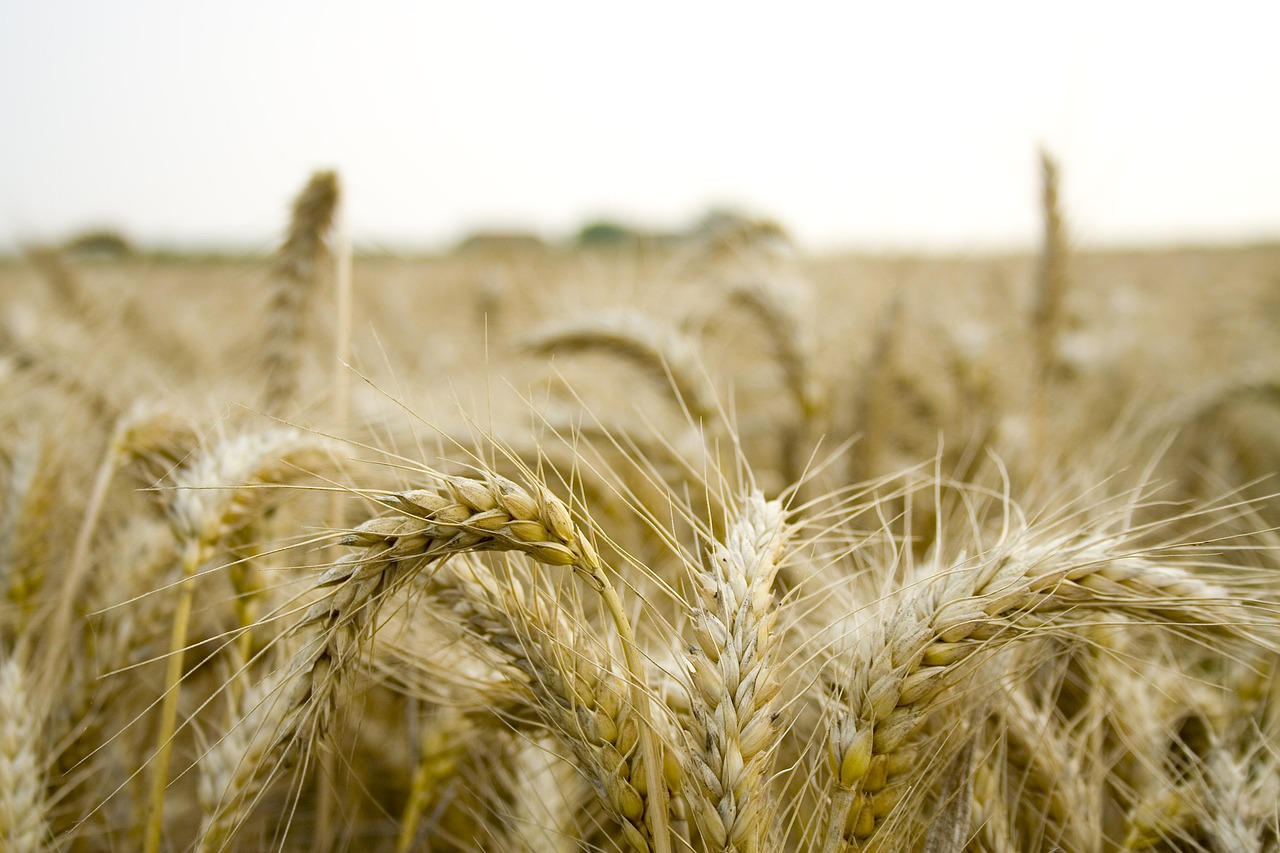Long ago conventional farming used to be organic farming. Not so today. Back then it was done the old-fashioned way. Unfortunately, over the years as soil erosion and soil depletion took place, farming habits and traditions began to change.
Profitable farming meant resorting to synthetic fertilizers to compensate for the soil lacking the necessary nutrients to grow usable crops. Today the conventional farmers who choose to use these practices see an increase in crop yield. But at what cost?
It’s our future that’s at stake as well as the future of our children!
Our environment is in grave danger because run-off from the fertilized fields goes into our lakes, rivers, streams, and coastal regions. This run-off causes the nutrients to grow in the water which in turn causes the plant growth there to increase. When this happens the organic balance of nature is upset, even destroyed, since the plants use up oxygen that other organisms need for survival.
In addition to using chemical fertilizers to increase crop yield, conventional farmers also use insecticides to protect the crop from disease and pests, and synthetic herbicides to control weeds.
What can be done?
A big step in good farming practices involves proactively preventing soil depletion. One way to do this is through crop rotation. Certain crops take particular nutrients from the soil while others require something different. Year after year they balance each other out.
Another way to stop soil depletion is to allow the soil to regenerate by letting fields remain fallow for a period. This rest period naturally helps the environment in more ways than one.
Here’s where the catch comes in. Many conventional farmers don’t want to follow these organic farming practices because, in the short term, it can be expensive. They lose profits short term but long term what they really lose is OUR HEALTH.
Is it worth it?
Personally, I don’t think so.
I would much rather support local organic farmers, and farmer’s markets, or buy organic produce at the supermarket. At least you know exactly what you’re getting (and what you’re not getting…all those unwanted fertilizers, pesticides, and herbicides).
Initially, it may seem as if going organic could be outside your budget. Believe me, I understand, we’re a one-income, homeschooling family. But did you ever take into consideration the many ways you save money by not putting harmful products into your body each and every day?
I don’t remember the last time someone in my family needed to go to the doctor for anything other than a routine physical.
Eating well equates to being well, both mentally and physically.
You’re still not sure if you can swing it?
Well, start out with small changes.
I began by first switching over some of my fruits and vegetables; the produce most susceptible to absorbing harmful pesticides.
Then I took advantage of organic product sales at the store and stocked up on items my family frequently used.
Next, I got involved in a coop. This is a great way to get hooked up with like-minded people in your local area. It also is beneficial in getting more familiar with a variety of healthier food choices.
So now it comes down to this. Your choice, organic farming or conventional?
Will the choice you make ultimately benefit you and your family?
I know for mine it’s organic all the way. We simply feel the difference!

